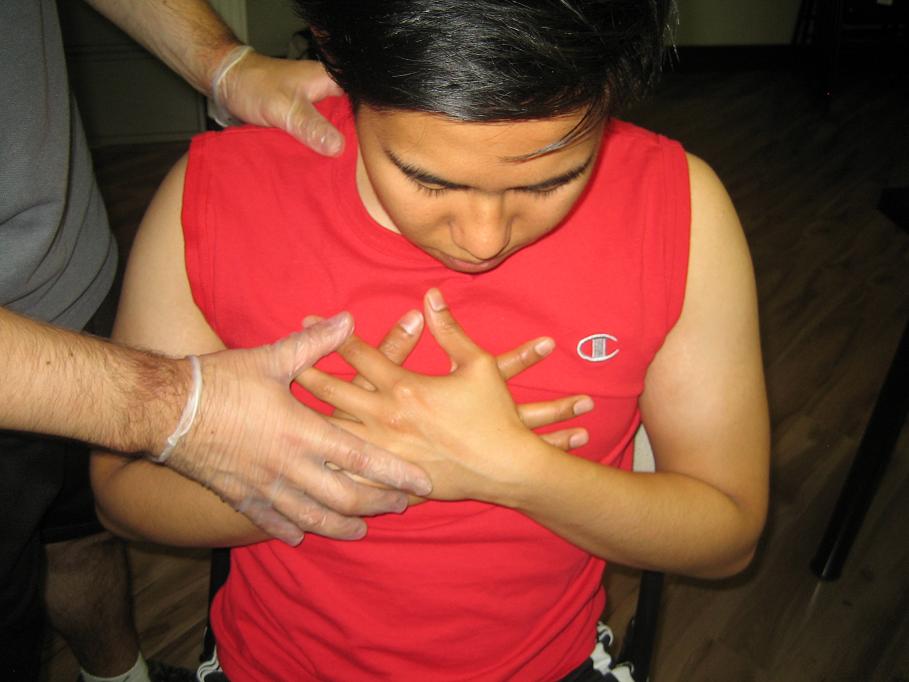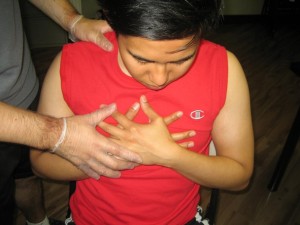Atrial fibrillation is one of the most common forms of heart arrhythmias and can be quite frustrating to manage. Even though it is not a life-threatening arrhythmia, it often causes evident symptoms and can lead to more serious issues such as stroke and worsening heart failure among those who have heart diseases
Close look on atrial fibrillation
Atrial fibrillation is basically an erratic heart rhythm triggered by extremely rapid and erratic electrical impulses that are produced in the atria of the heart. This form of rapid, muddled electrical activity is called as fibrillation. Once the atria start to fibrillate, 3 things occur such as the following:
- The heart rate becomes swift and erratic. The AV node is barraged with recurrent, unbalanced electrical impulses from the atria and as many as 200 impulses in a minute are conveyed to the ventricles, resulting to quick and erratic heart rate.
The usual symptoms include palpitations which can be felt as a rapid, erratic heartbeat. The individual is easily fatigued, lightheaded and short of breath. - Once the atria are fibrillating, they could not contract effectively. As a result, the normal coordination amidst the atria and the ventricles is disrupted. This causes the heart to function less efficiently.
- Since the atria could not contract effectively, blood clots start to form in the atria after some time. These blood clots eventually break and travel up to the brain to trigger a stroke.
Signs and symptoms
Even though the symptoms are minimal, the arrhythmia in most circumstances is quite perceivable and distressing. The usual symptoms include palpitations which can be felt as a rapid, erratic heartbeat. The individual is easily fatigued, lightheaded and short of breath.
Individuals who have coronary artery disease (CAD) can experience heightened degree of angina with atrial fibrillation. Those who have heart failure can end up with significant degeneration in their condition.
In case the heart rate linked with atrial fibrillation is quick enough and lasts long enough, the arrhythmia can cause weakness of the heart muscle and even heart failure.
What are the causes?
Atrial fibrillation can be instigated by various heart conditions include CAD, chronic hypertension, valvular heart disease, heart failure, pericarditis or almost any form of heart issue.
Remember that this type of arrhythmia is quite common with embolus and hyperthyroidism. The use of amphetamines or other types of stimulants can also cause atrial fibrillation in some individuals as well as after ingesting a few alcoholic beverages which is called “holiday heart”.
Management
The objective of treatment for atrial fibrillation is to restore and maintain the normal heart rhythm. It is sad to note that it is neither safe nor easy in most cases.
In cases in which the atrial fibrillation has been present for weeks or months, it is hard to maintain the regular rhythm for more than a few hours or days. This is why there are 2 general treatment measures used.
- Rhythm control approach aims to restore and maintain the normal heart rhythm.
- Rate control approach accepts the fibrillation as a new “normal” heart rhythm instead of aiming to control the heart rate as well as reducing the risk for stroke with an anti-coagulant.
The suitable approach depends on various factors including how long the arrhythmia has been present, age, underlying heart disease and ability or willingness of the individual to tolerate different kinds of medications or invasive procedures. Deciding on the proper treatment is vital when it comes to atrial fibrillation and can be complex one.


